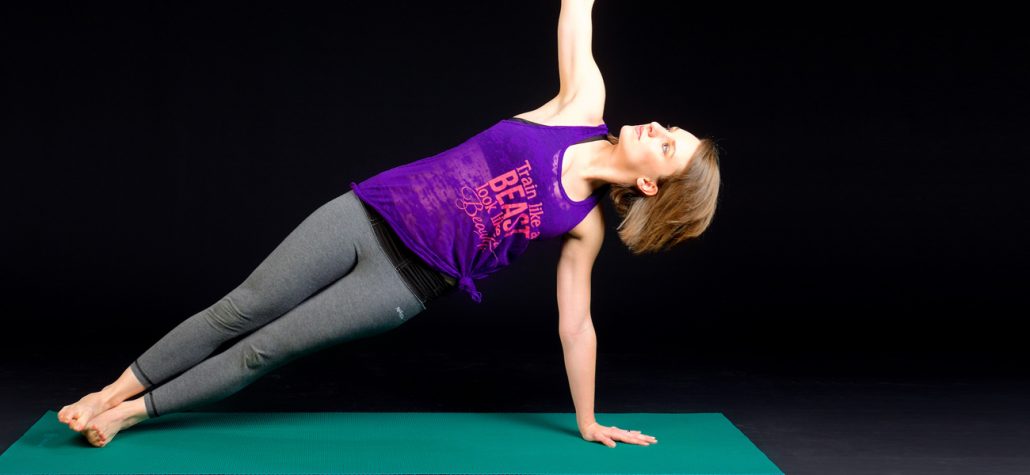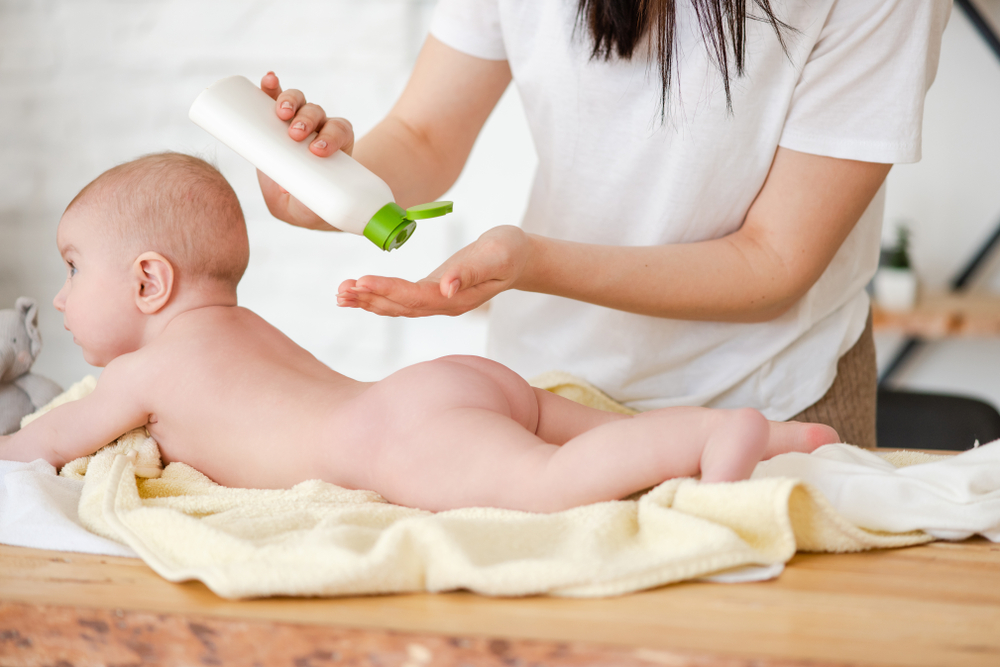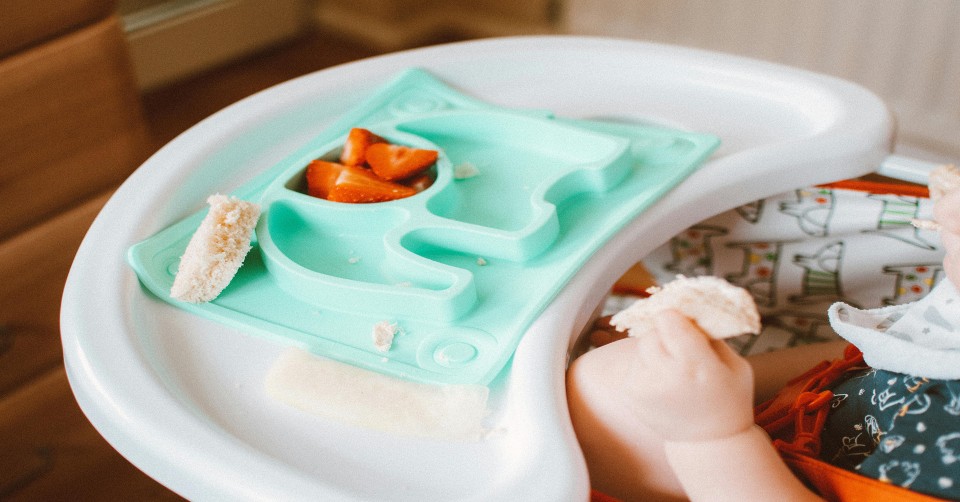Women’s Health
Do you Have to take Supplements for Good Bacteria?

As parents and caregivers, you always prefer to make healthy and better choices that will benefit you and your loved ones. In order to make such choices, you would have to look for the things that will nourish your body and nurture your wellbeing. But first, you have to know what will help break down and absorb all the foods you eat to ensure that you are getting what you are aiming for… a healthy lifestyle. So, what lives inside your gut and what are their benefits?
- They help in synthesizing important compounds that the humans need, like B and K vitamins and Short Chain Fatty Acids (SCFA) which are important for the colorectal tissues and maintain tissue integrity,
- They help in digesting certain carbohydrates and fibers,
- They can assist in regulating the body’s immune responses to inflammation,
- They inhibit the growth of bad bacteria
The composition of gut microflora differs from one person to another; it also changes in one person depending on the diet, environment, stress, hormones, etc. What can you do to maintain these good bacteria? The food we eat contributes to the growth of this good bacteria. Good and healthy foods can nurture it whereas bad foods can contribute to the growth of bad bacteria over good bacteria. A good diet and regular exercise can increase the diversity of the gut microflora. Having a high meat, high sugar and a high-fat diet can increase the numbers of pro-inflammatory gut microbes. The disturbance of gut microflora has been correlated with many different diseases such as obesity, cardiovascular diseases, diabetes and even cancer in different studies. Major changes in the diversity of gut microflora can happen even after one day of bad eating. Eating a well-balanced diet of protein, fiber and healthy carbs with lots of vegetables and fruit can ensure that your gut is well-taken care of. Do antibiotics have an effect on our bodies? Not only do antibiotics get rid of bad bacteria, they also kill the good ones. Even the antibiotics which are administrated to animals in animal-based foods can also affect our gut bacteria. Taking antibiotics for a long time can cause diarrhea in people, this is because food digestion is disturbed by the changes in gut microflora. So far studies have shown that although during treatment with antibiotics, the body cannot absorb many of the nutrients and digest different compounds it ingests, it can restore its normal microflora after the treatment. The use of probiotics and prebiotics is believed to be helpful.
What are Probiotics and Prebiotics? Probiotic is a word that we hear everywhere these days. But what is “probiotics” exactly? Probiotics are live microbial food ingredients that are beneficial to health. These live cultures are said to help to restore the balance of the gut microflora and increase the good bacteria. The most famous food that contains live cultures is yogurt. The most widely-used bacterial strains in commercial yogurt are Lactobacillus and Bifidobacterium species. Probiotics are also found in labnah, kefir, Kimchi, Kombucha tea, Sauerkraut, miso, tempeh, sourdough, and non- pasteurized pickles. Besides there help for your gut, probiotics can also help in lactose digestion, in lactose intolerant individuals and help with the symptoms. Prebiotics are different from probiotics. They are actually “the food” that your gut microflora needs. They are food fibers that the human body cannot digest by itself, but can be digested by the bacteria and help in their growth. These fibers are found in gum Arabic, beans, legumes, Jerusalem artichokes, garlic, leeks, onions, asparagus, bananas, etc. Probiotics and Prebiotics Supplements: Ensuring that the bacteria can survive digestion, stomach acids and enzymes before they reach the intestine in good numbers is not a guaranteed task. Therefore, not all probiotic supplements might be effective. It is always better to get all the nutrients that you need from food. However, if you want to buy supplements, do your research and ask your doctor, to make sure that the type that you buy is of a good quality to ensure maximum benefits. Prebiotics can be easily found in many of the vegetables and fruits we find, and taking them in the form of supplements is not necessary. Probiotics and “your lady parts”: The female vagina is another body part which has good microflora which ensures that it is healthy and disease-free. The disturbance of the vaginal microflora can cause infections such as urinary tract infections (UTI), bacterial vaginosis (BV) and yeast vaginitis. Some studies have shown that the oral administration of probiotics, especially Lactobacillus species can help resolve these issues. **Editors' note: We recommend you take a look at this comprehensive infographic about How Balancing Gut Bacteria Can Ease Autoimmune Diseases.
References:
- Probiotics and Prebiotics: What’s the Difference? Sarah Lewis, 3 June 2017, Authority Nutrition, https://authoritynutrition.com/probiotics-and-prebiotics/
- Dietary Factors: Major Regulators of the Gut's Microbiota, Alexander R. Moschen, Verena Wieser, and Herbert Tilg, Oct. 2012, Gut and liver, https://www.ncbi.nlm.nih.gov/pmc/articles/PMC3493718/
- Gut Bacteria in Health and Disease Eamonn M. M. Quigley, Sep. 2013, Gastroenterology & Hepatology, https://www.ncbi.nlm.nih.gov/pmc/articles/PMC3983973/
- The Impact of Diet and Lifestyle on Gut Microbiota and Human Health, Michael A. Conlon, Anthony R. Bird, Jan. 2015, Nutrients, https://www.ncbi.nlm.nih.gov/pmc/articles/PMC4303825/
- Gut bacteria and health foods—the European perspective, M Saarela, L Lähteenmäki, R Crittenden, S Salminen, T Mattila-Sandholm, 15 Sep. 2002, International Journal of Food Microbiology, http://www.sciencedirect.com/science/article/pii/S0168160502002350
- Prebiotics and probiotics: are they functional foods?, Marcel B Roberfroid, June 2000, the American Journal of Clinical Nutrition, http://ajcn.nutrition.org/content/71/6/1682s.short
- Oral probiotics can resolve urogenital infections, Gregor Reid, Andrew W Bruce, Nicola Fraser, Christine Heinemann, Janice Owen, Beth Henning, Feb. 2001, Pathogens and Disease, http://onlinelibrary.wiley.com/doi/10.1111/j.1574-695X.2001.tb01549.x/full
- Probiotics for prevention of recurrent vulvovaginal candidiasis: a review, J Antimicrob Chemother, 21 June 2006, Journal of Antimicrobial Chemotherapy, https://academic.oup.com/jac/article/58/2/266/721575/Probiotics-for-prevention-of-recurrent
- Gut bacteria may hold key to treating autoimmune disease, The Rockefeller University Press, 19 Dec. 2016, ScienceDaily, https://www.sciencedaily.com/releases/2016/12/161219100126.htm
* Source of the Main Picture is www.freepik.com














